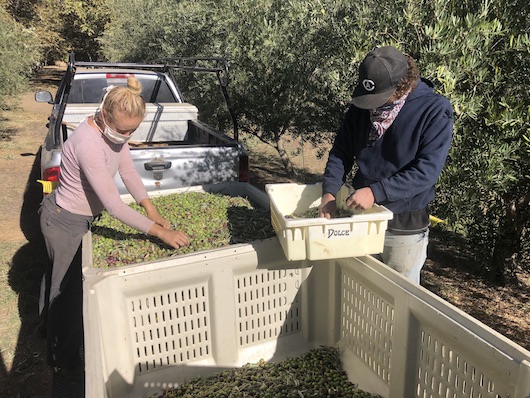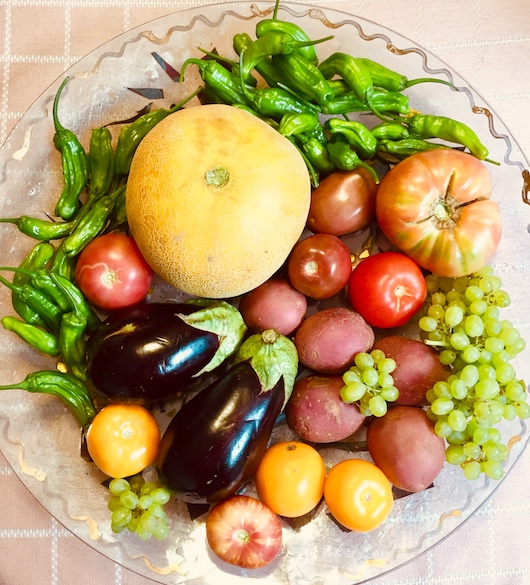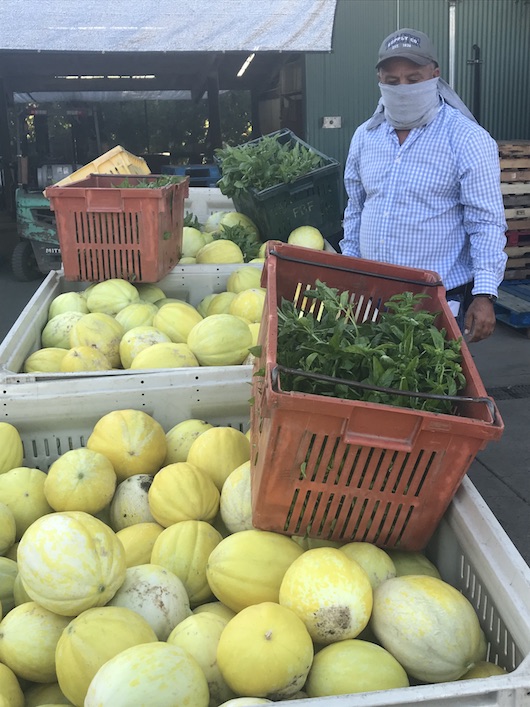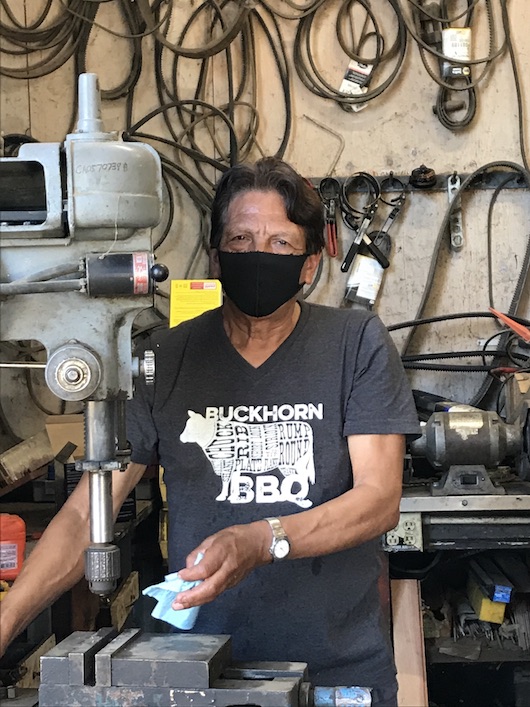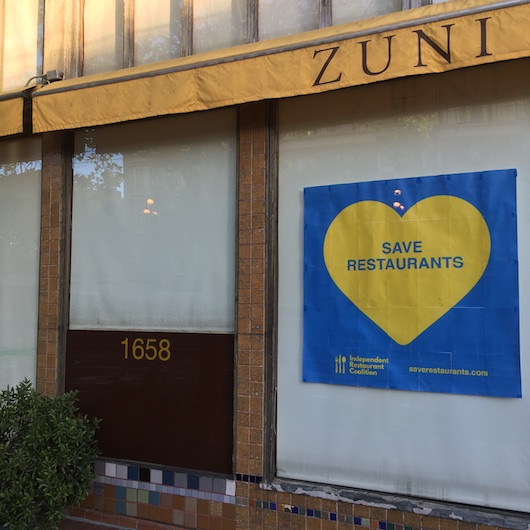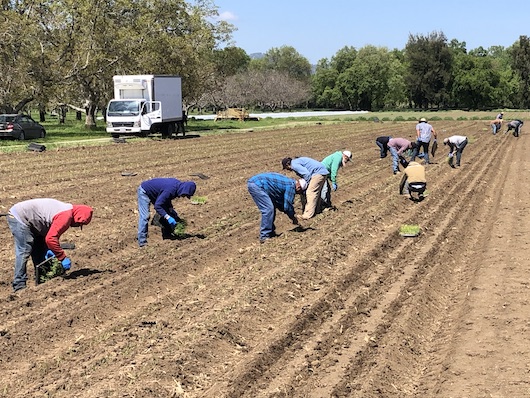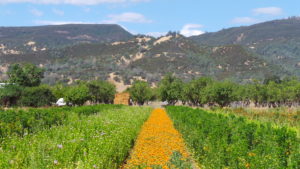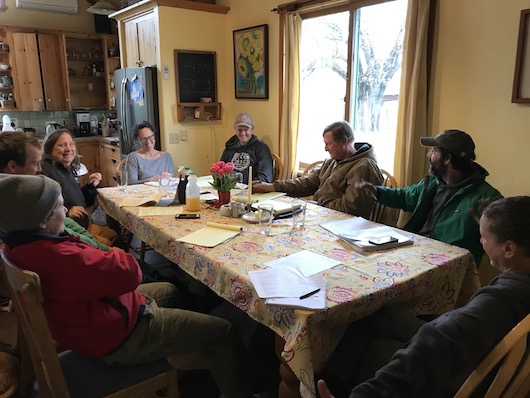Alicia Baddorf, a friend of mine who’s long been active in the Yolo County agriculture community, recently conducted research on the impact that the COVID-19 pandemic had on Northern California CSA Farmers for her Master’s thesis in the Community Development Program at UC Davis. Full Belly Farm was included in this study and I found the results really interesting and thought our community would too! Thanks to Alicia for writing up some reflections and sharing them with us! For those interested in reading her entire thesis, you can find it here.
Elaine Swiedler, CSA Manager
[Read more…] Yolo County announced its intention to vaccinate frontline workers on February 15th and started pop-up clinics on farms a few days later. These clinics are part of a landmark effort in California to bring the vaccine directly to the fields. Reports of similar pop-up clinics have come from Riverside, Monterey, San Joaquin, Santa Clara, Marin, and small farmworker towns in Tulare and Fresno Counties.
Yolo County announced its intention to vaccinate frontline workers on February 15th and started pop-up clinics on farms a few days later. These clinics are part of a landmark effort in California to bring the vaccine directly to the fields. Reports of similar pop-up clinics have come from Riverside, Monterey, San Joaquin, Santa Clara, Marin, and small farmworker towns in Tulare and Fresno Counties.
